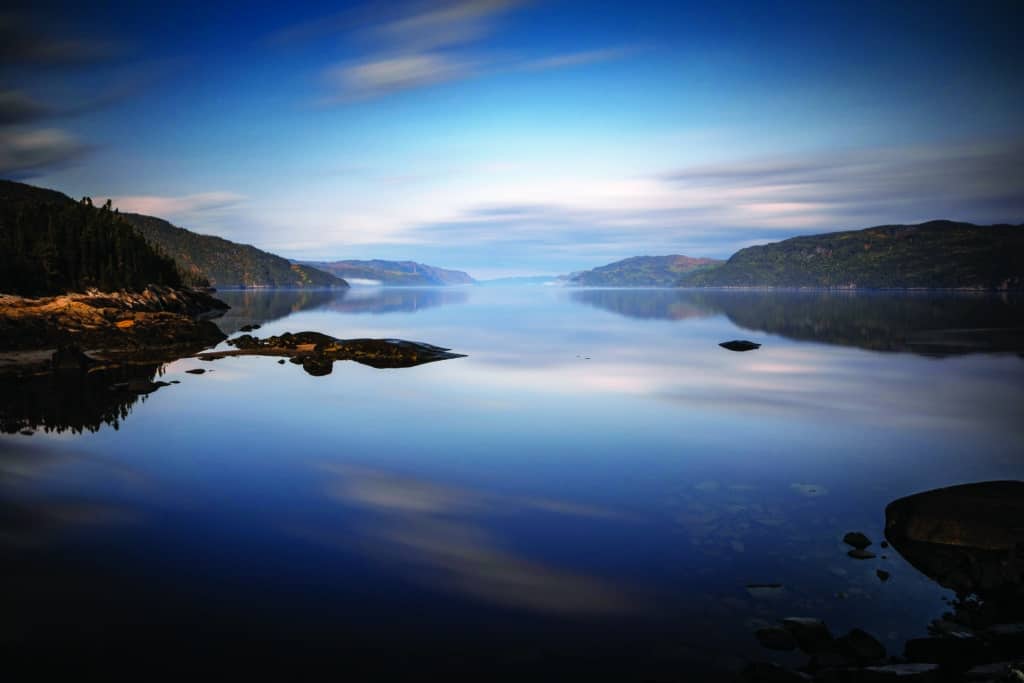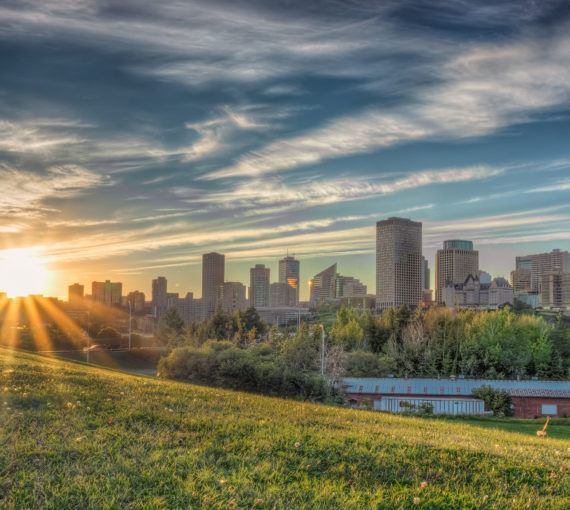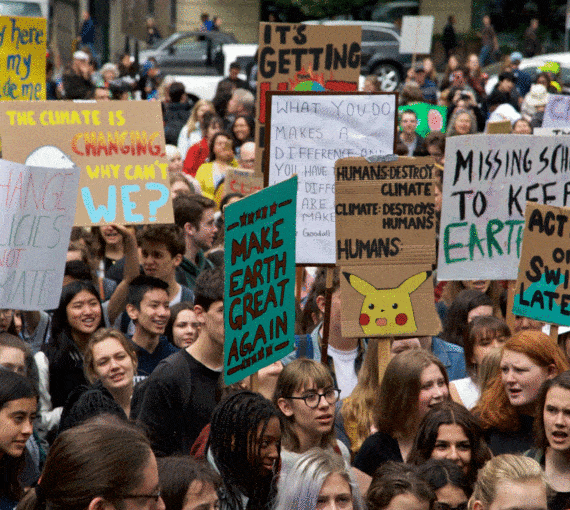
Thanks to persistent pressure from thousands of residents, environmental groups and Indigenous Peoples, Quebec is leading the country in finding climate solutions and quickly acting on them. (Photo: Marc Girard via Flickr)
Quebecers are more likely than other people in Canada to say Earth is warming, that humans are the cause and that they’re feeling its negative effects.
That could be why Quebec is also leading the country in finding climate solutions and quickly acting on them.
Here are a few of their stories.
Banning fossil fuel exploration and extraction
Quebec is the first jurisdiction on Earth to ban fossil fuel development in its territory — a visionary lead for all of Canada, and the world.
Thanks to relentless pressure from thousands of residents, environmental groups like ours and Indigenous Peoples, in April 2022 Quebec closed the door on oil, gas and coal extraction and production for good.
The decision is in line with the province’s goal to reduce its dependence on fossil fuels to fight climae change, including by reducing its greenhouse gas emissions by 37.5 per cent from 1990 levels by 2030.
It came after many extraction projects were cancelled, one after another, including Old Harry in the Gulf of St. Lawrence, shale gas in the St. Lawrence Valley, fracking on Anticosti Island and oil and gas in Gaspésie.
Quebec has ended fossil fuel exploration and development projects on its territory — a historic victory for its ecosystems and population … proving that it’s possible to act on the science the climate emergency requires.
Charles Bonhomme, Public Affairs and Communications Manager
Getting out of GNL/Gazoduq
We’ve spoken up against GNL/Gazoduq — a liquefied natural gas industrial project in Quebec’s Port of Saguenay and a 780-kilometre pipeline linking it to northeastern Ontario — for years.
In July 2021, the Quebec government finally said no.
If it went ahead, the project would have generated more than 50 million tonnes of greenhouse gases (the equivalent of some 10 million cars) every year for at least 25 years.
It would jeopardize the health of rivers and wetlands and their biodiversity — such as endangered beluga whales — while threatening local people, including many Indigenous communities.
Standing up for nature requires enduring vigilance. But persistent people-powered pressure pays off!
Urge Government to be bold on climate!
Finding Solutions features stories of caring people like you who make everything here possible. You can read, share, discuss, take action, join, donate. Whatever you choose, you’re helping protect Earth’s life-support systems. Thank you.


